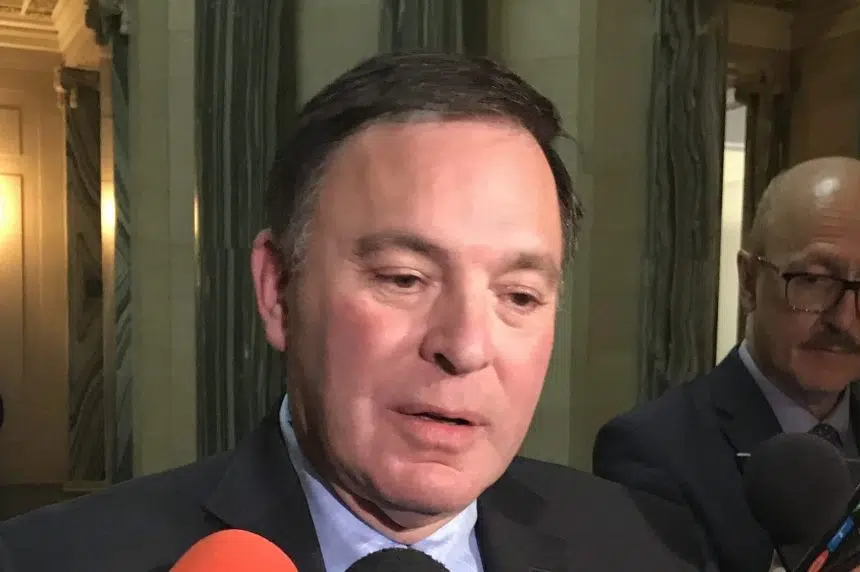The provincial government is hoping a committee of teachers, parents and education experts will come up with ways to fix Saskatchewan’s classrooms.
The government sent out letters on Wednesday to the Saskatchewan Teachers’ Federation (STF) and the Saskatchewan School Boards Association (SSBA), asking them to name someone to sit on the ministry’s committee which will try to figure out how to remedy Saskatchewan’s problems with large class sizes and increasingly complex classroom compositions.
The province released terms of reference that will be used to help “develop a framework to guide class size and composition practices in pre-kindergarten to Grade 12 classrooms,” said a news release.
Education Minister Gord Wyant said that the issues around composition are something the government has been hearing a lot about, and he’s confident there’s a path forward through the problem.
“The answer certainly isn’t doing nothing, that’s not the answer. We have to make sure we’re providing the right services to kids in the classroom and that’s what this is intended to do,” Wyant said.
He explained the ministry wants the committee to end up fairly small, but it’s expected to include academics, professional staff, members from the STF and SSBA, and parents. Wyant said the ministry will likely choose parents from among those who’ve already made complaints.
“There has been a number of parents that have reached out to express some concerns about class composition — particularly parents who have children with high needs — and so I think those are the parents in particular that I want to hear from,” said Wyant.
Wyant believes hard caps on class sizes aren’t a good idea, as that can make principals and administrations into “compliance agents” and can create challenges in that regard. He also said he believes class composition is the bigger issue over class size.
“If you have a large class size but you have a number of children in that class that have special and unique needs (that) need to be addressed, that certainly takes away from the ability of the classroom teacher to provide services to those other children,” explained Wyant.
The committee will be tasked with coming back with a framework to fix these problems next spring, with the intention of implementing the recommendations in the next school year.
NDP says spring isn’t soon enough
Next spring isn’t a quick enough timeline for the NDP’s education critic, Carla Beck.
“The needs, the urgency, is very high right around the province. (Government officials) need to be hearing this at that budget table, they need to be taking action, and suggesting more conversations and another committee is, at this point, completely out of line with the need that we’re seeing today,” said Beck.
According to Beck, the NDP has been hearing from parents that they want action on this front today. She suggested a mid-year adjustment or infusion to school boards to help with the problem.
The NDP also supports class size caps, though Beck also made similar arguments to those of Wyant about class composition being an important factor when looking at student numbers.











